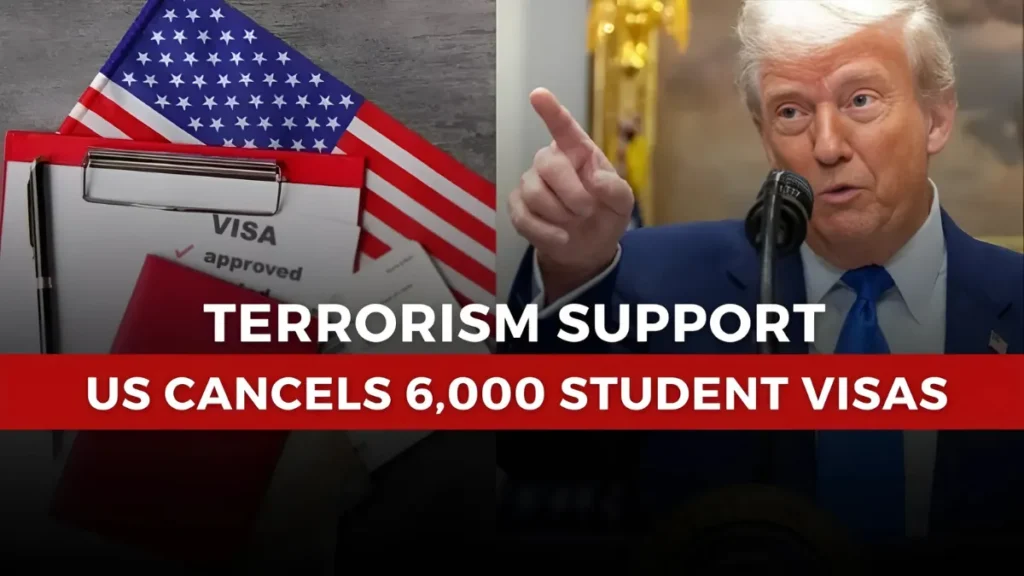The United States has taken a dramatic step in revoking more than 6,000 student visas this year, signaling a new era of scrutiny in the student visa system. According to the State Department, the decision is linked to growing concerns about criminal activity, terrorism associations, and misuse of academic programs by certain visa holders.
Why the State Department Is Acting Now
Officials cite a surge in investigations showing that some student visa applicants misrepresented their intentions or had ties to organizations flagged for criminal or extremist activity. With universities hosting large international student populations, the government has moved to tighten oversight to prevent the exploitation of U.S. campuses for unlawful purposes.
What This Means for International Students
For the majority of international students pursuing genuine academic goals, the new policy raises anxiety about visa renewals, background checks, and compliance. Those with pending applications may face longer wait times, enhanced security reviews, and stricter documentation requirements. Immigration lawyers note that even minor discrepancies in applications could trigger red flags under the new system.
Impact on U.S. Universities
American universities, already relying heavily on international student tuition revenue, may feel the financial pressure if enrollment declines. Admissions offices are also preparing for higher rates of visa denials, which could complicate recruitment efforts for Fall 2025 and beyond. Some schools are calling on the government to balance national security with educational diplomacy.
Political and Security Implications
The crackdown aligns with broader federal efforts to monitor foreign nationals more closely. Analysts suggest that the move is not only about security but also part of a political strategy to show toughness on immigration. Critics warn that overly aggressive enforcement risks damaging the U.S.’s reputation as a global education hub.
Conclusion: The revocation of over 6,000 student visas marks one of the largest crackdowns in recent memory, reshaping how international students approach higher education in the U.S. While aimed at protecting national security, the policy raises pressing questions about fairness, transparency, and the future of academic exchange.
Disclaimer: This article is for informational purposes only and does not constitute legal or immigration advice. Students affected by visa issues should consult an immigration attorney or their university’s international office for guidance.
Read More:
- $1,702 Stimulus Payment September 2025: The Truth for Seniors and Full Social Security Schedule
- Case Study: How Trump Era Policies Are Impacting Unexpected U.S. University Campuses
- Bill Ackman Backs AI-Driven Alpha School: Could Two Hours of Digital Tutoring Replace the Classroom?
- US Visa Waiver Program 2025 – Complete Guide to Eligible Countries, ESTA, and Travel Tips
- Samsung Galaxy S26 Ultra: Samsung’s 2026 Flagship With AI Power and 200MP Quad Camera






